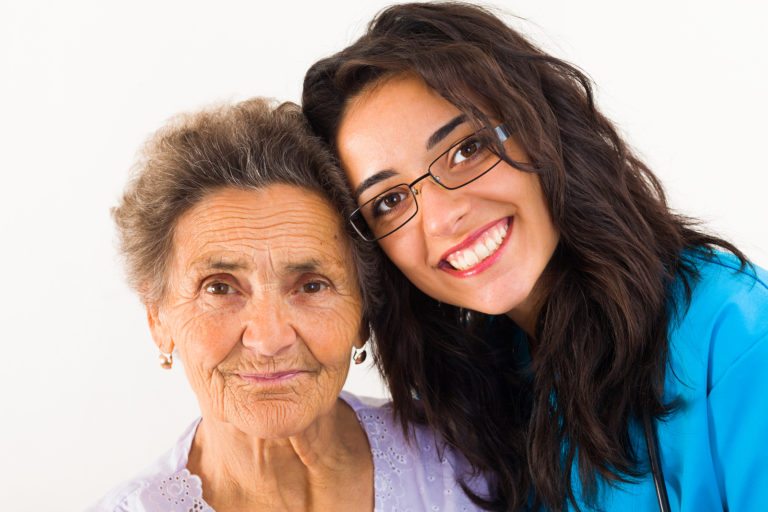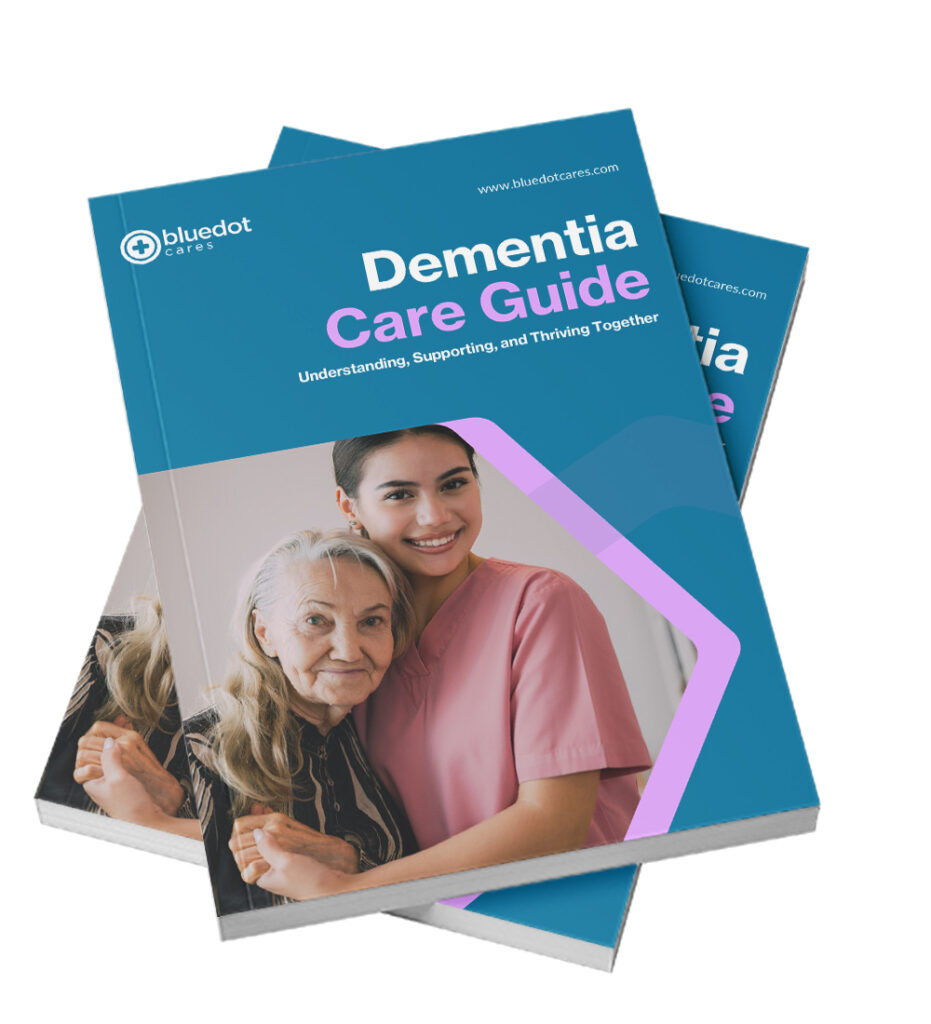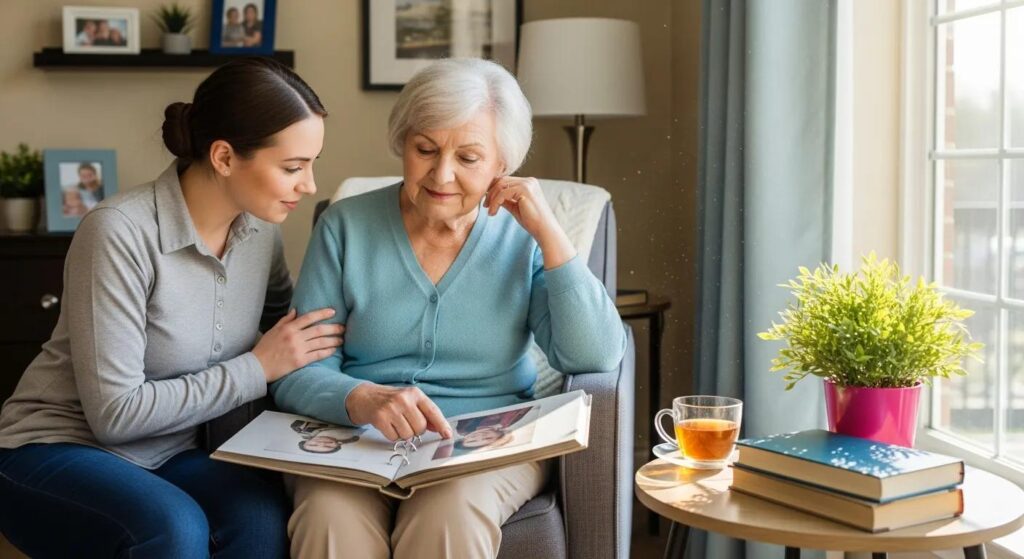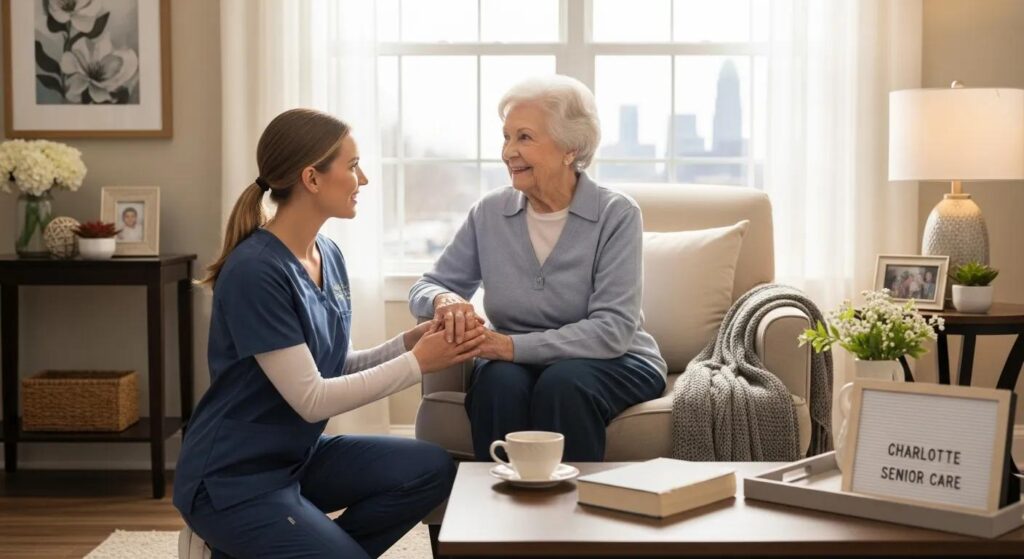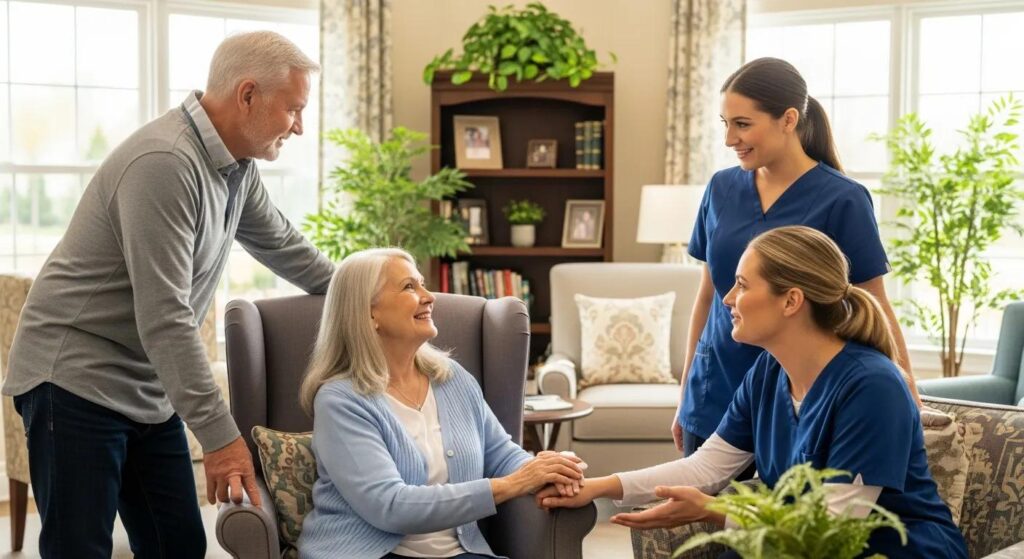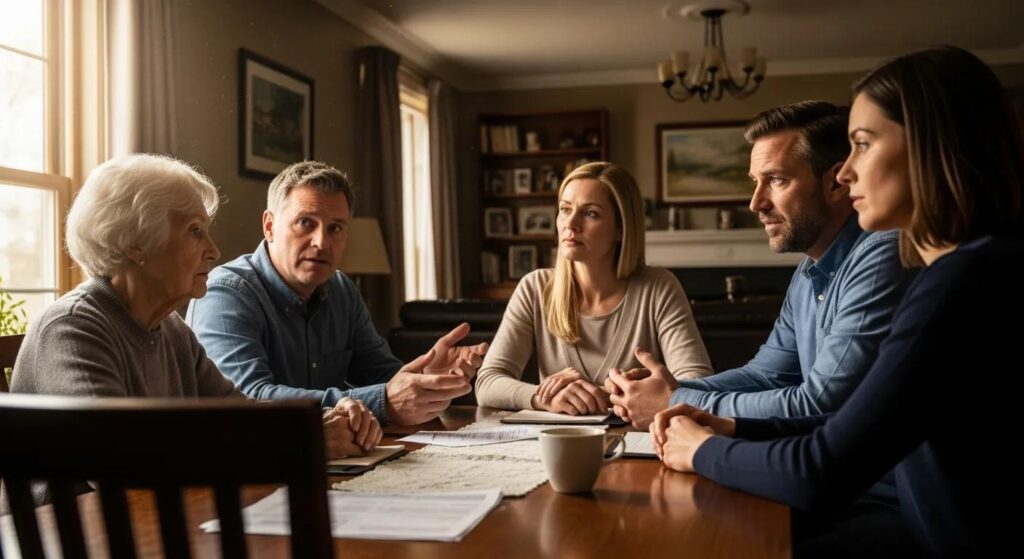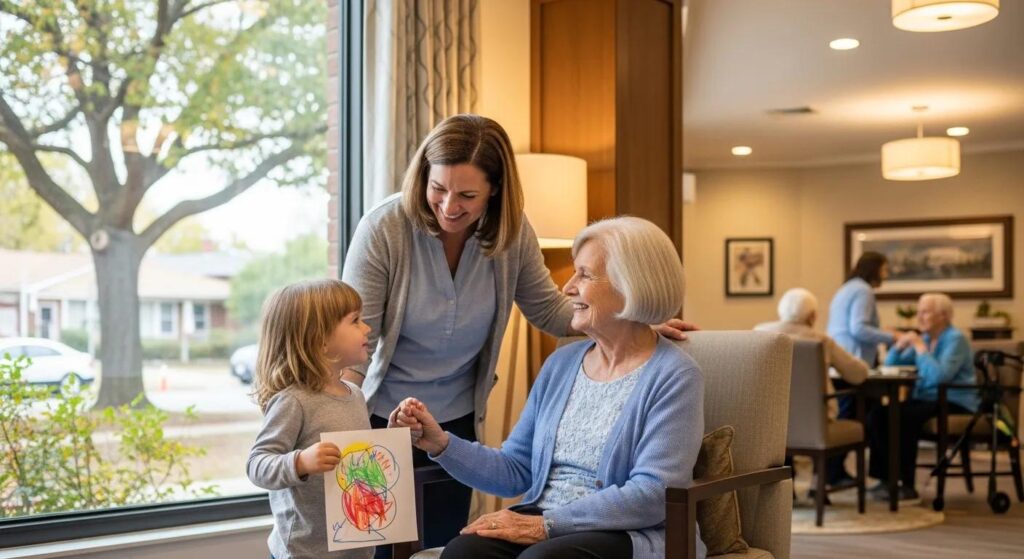According to Alz.org, 1 out of 9 people over the age of 65 has Alzheimer’s disease. More concerning is that 1 out of 3 people over the age of 85 has Alzheimer’s. Alzheimer’s is just one of the forms of dementia, though it is the most prevalent. Knowing the signs is important, but there are some symptoms that are not as common. Family caregivers need to take the time to get to know these unusual symptoms and ask your mom or dad’s doctor if you notice them showing any of these signs.
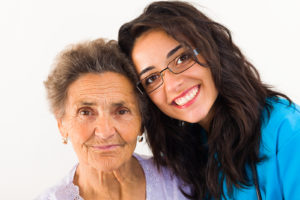
Problems Identifying Colors
With some dementia patients, they suddenly struggle to identify colors. Pinks may look red and black and gray may become hard to tell apart.
Difficulty Judging Distance to an Object
One of the issues to watch for is a loss of judgment where distance is involved. People with dementia sometimes have a hard time telling how far away an object is. This is extremely important to watch for as it can impact the ability to drive a car.
Sudden Change in Attitude About Hobbies or Typical Social Activities
Dementia can make people suddenly dislike activities or hobbies they previously enjoyed. Your mom may have spent years loving to knit and randomly start hating it. If she loved to go out to dinner with friends, she may suddenly hate being around people or leaving the house.
Repetitive Habits
People with dementia often get into repetitive habits. You might find your mom cleaning cabinets multiple times a day, washing items that were just cleaned and dried, or washing hands despite having just washed them.
Inappropriate Behaviors
If dementia is present, your parent may suddenly lose his or her tact. Your mom may suddenly announce that you’ve gained way too much weight or that your outfit looks horrible. Shoplifting is another issue that happens as you mom or dad may forget they have to pay for items in stores. You may also find your mom or dad feeling it’s okay to remove clothing in front of strangers.
If dementia is suspected, a visit to the doctor is important. There are prescription medications that can slow the progression of some forms of dementia. You’ll also want to talk to your mom or dad’s doctor about the need for in-home caregivers to assist your mom or dad with important items like grooming, home cleaning, meal preparation, and transportation.

